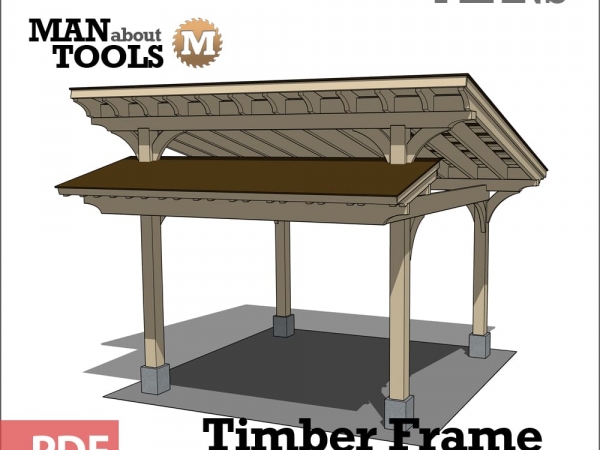

History of the Green Academy
The Small Green Academy was established in 2010. For the last 10 years we have been dedicated to establishing native habitat, increasing food availability, and protecting the water quality of our area and our impact on others downstream.
Our Academy began as one Native Plants and Animals electives course. The dedication of our staff, the passion of our students, and the support of administration has expanded our program to 8 courses that reach over 500 students a year. This is close to 50% of our student population at Small Middle School. We have four committed and steadfast faculty members that have transformed 4 barren acres into a working native farmlands.
Funding Report
Due to the structure of the Green Academy, we are always working to find ways to fund our projects and innovations. Austin ISD and Small MS have always been supportive of our program. However, beyond our salaries the district and the school provide little to no funding to our program.
Student Lab Fees are used to support small projects and replace basic resources. For the life of the Academy we have had a biannual plant sale. We sell student grown native plants, herbs, vegetables, and student created products including goat milk soap and paper embedded with wildflower seeds.
We are in a constant need of funding. We have 4 educators that have amazing ideas and plans. We are unceasingly searching and applying for grants opportunities. Many other schools are now moving into Environmental education. This is wonderful for the field, but makes it much harder to find a steady source of funds.
Outdoor Learning Spaces at Small Middle School
In 2009 we finished our first outdoor classroom, with the intention of having a direct teaching outdoor environment. It was an Eagle Scout Project that has been maintained by Green Academy students. It has worked as a meeting place for Green classes but has not been used widely by our campus community. In 2010 we created an outdoor learning space that has tripled as a bird observation center and a campus drop off location. Seating was built and installed by students. The landscape was also established and maintained by our student population as well. The benches have been replaced by limestone blocks increasing their longevity and durability. In 2012 we relocated metal picnic benches into our outdoor habitats. This was one of the best outdoor seating projects, due to the permanence of the materials, the ability for students to work productively in groups, and the location in our outdoor spaces. In 2015, the Green Academy installed various outdoor seating options. The project aimed to inspire students to reuse materials and be creative with their designs.
Project Design
We are currently in the process of finalizing an outdoor classroom design that will provide a protective place for students to meet while also including many of the items we learned from previous installations. The space will have seating for over 30 students. It will be made of durable materials that will not need repair or replacement for many years. The space will include a covering to protect students from light rain and oppressive summer sun. The space will also be situated geospatially to allow for the ideal amount of sun and wind to be present a majority of the time.
To optimize funding, the outdoor learning space will be installed by Green Academy Staff, students, and volunteers. This will also allow STEM lessons and planning to be imparted on students and provide real world applications.
Any surplus funding will be used to support the Green Academy. Currently we are seeking funds for a wood chipper to provide our program with an endless supply of mulch and various community engagement projects. This will be our next funding goal if the outdoor classroom meets its goal.


